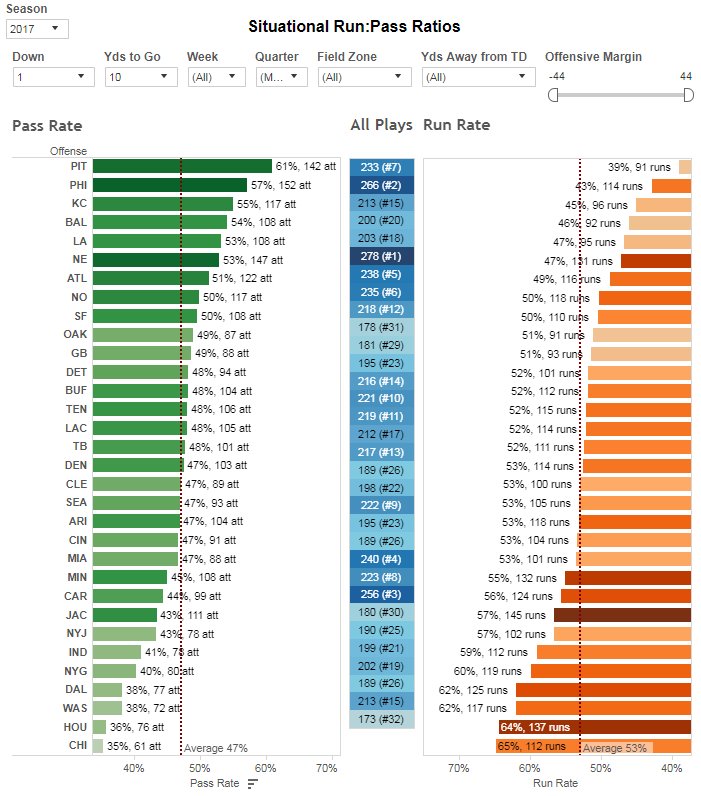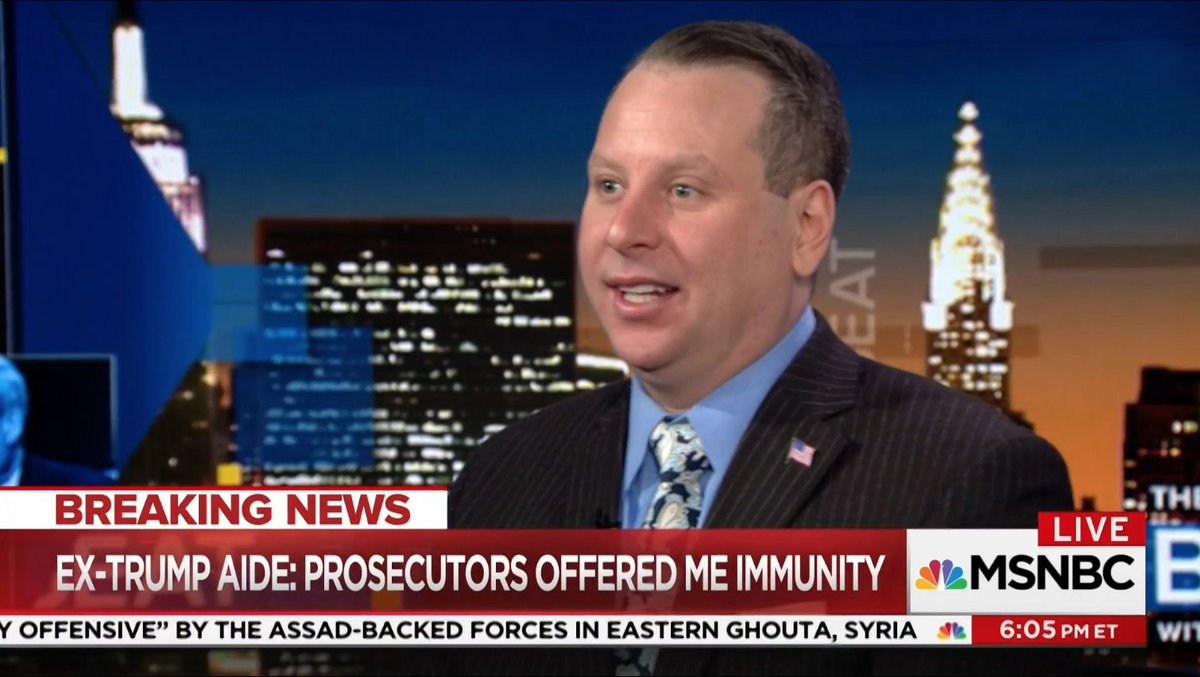Ultimately measured by returns (i.e IRR or MOIC) but here the time frame is too short for that (I’m assuming Zach agrees)
a) demonstrate that models/factors, upon which the fund is based, are able to predict objective measure of success that correlates “strongly” with IRR.
b) raising a multi hundred million dollar fund
c) begin to deploy fund at projected rate
The systematic VC equity fund will find and evaluate co's algorithmically. Humans will be involved in calling co's that are identified by the tech and in doing confirmatory dili (i.e. tech “Thinks” the co. is $5m in rev, just verify that # within +/-).
More here: circleup.com/helio/
Someone will think it is crazy. But most likely that person also runs a discretionary vc fund that believes everything else can be systematized except for their job :)
To “win the deal” the systematic vc fund needs to win on key “purchase criteria” that the entrepreneur cares about. I think the fund can be better, faster, cheaper.
Close deal from first outreach in 14 days not 140.
I think that would be revolutionary.






